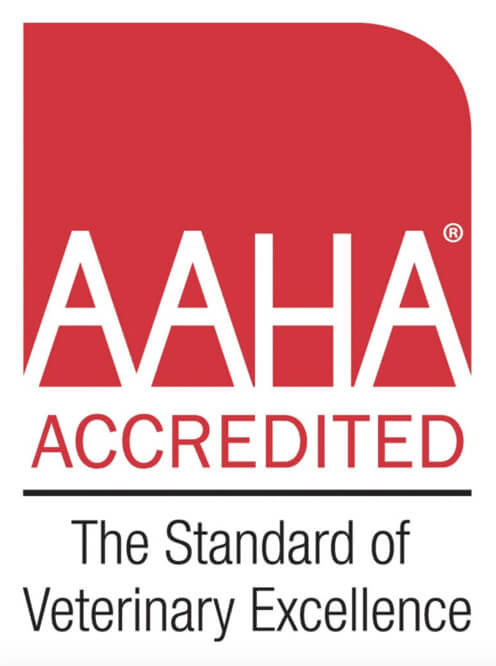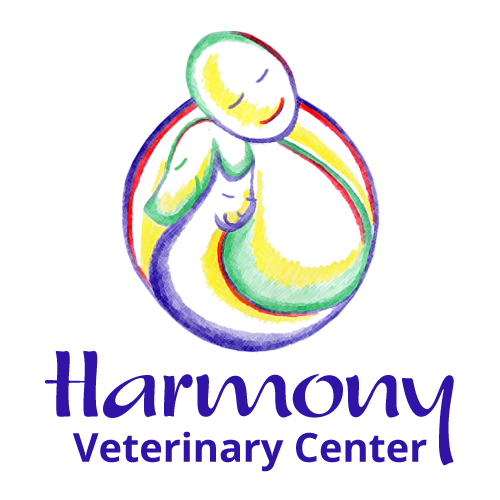Spring has sprung in Colorado and those with green thumbs are anxious to get digging if they haven’t already. According to the ASPCA, nearly 1,000 plants can be toxic to dogs. For cats, that drops to 425 plants, still a daunting number when you are faced with the myriad of choices at our local nurseries and home improvement stores. Add in the number of chemical and fertilizer options and it’s easy for well-meaning, pet owning, home gardeners to become overwhelmed. Don’t worry; we’ve got you covered!
Avoid the Top 15 Most Common Toxic Plants
The plants on the lists above have been reported as having systemic effects on animals and/or intense effects on the gastrointestinal tract. Be aware that the consumption of any plant material may cause vomiting and gastrointestinal upset for dogs and cats. If the plant is listed as non-toxic, however, the symptoms are not expected to be life threatening.
The good news is that with so many options in the plant kingdom, with a little research you can choose those that will not pose a threat to your pet. As a best practice, stay away from these 15 most popular garden plants that risk your pet’s health:
- Amaryllis
- Azaleas
- Begonias
- Buttercups
- Chrysanthemum
- Crocuses
- Daffodils
- Daisies
- Dieffenbachia
- Foxglove
- Holly
- Hyacinths
- Ivy
- Lilies
- Tulips
Go Organic
Gastrointestinal upset is very common with ingesting traditional fertilizers, herbicides and pesticides. Gastrointestinal upset is very common with ingesting traditional fertilizers which contain iron, causing additional issues and potentially resulting in significant health concerns. While pesticides are much safer than they were 30 years ago, there are still some ingredients that may be more problematic than others. The majority will cause vomiting and diarrhea; however, in large doses, certain ingredients can result in more serious problems.
For the safest yard and garden, utilize natural and organic products. For instance, dehydrated chicken waste is a common and nutrient rich fertilizer for lawns. Diatomaceous earth is harmless to your pets and plants but will cause small insects to dehydrate. Utilizing organic products will pose the least risk to your pet.
Additional Precautions
- Compost. This earth-friendly practice not only feeds your gardens but also eliminates waste in our landfills. To keep pets safe, ensure it is contained or fenced off. Piles of decomposing and decaying organic matter have the potential to grow the mold Penicillium Crustosum which produces a tremor causing toxin called Penitrem A. Such toxins are referred to as “tremorgenic mycotoxins” and are toxic to both dogs and cats, as well as people and wildlife.
- Mulch. Bored pets often turn to digging or chewing on garden mulch, however these products pose a foreign body and obstruction risk if ingested. Cocoa bean mulch poses an even larger problem due to the methylxanthine (theobromine and caffeine) content. Methylxanthines, in high enough doses, can cause vomiting, diarrhea, agitation, ataxia, tremors, elevated heart rate, elevated blood pressure and seizures. Early and aggressive veterinary care is important to minimize the severity of toxicity.
- Algae. Blue-green algae, also called cyanobacteria, is found in fresh and brackish water of ponds and lakes, but this microscopic bacterium can also grow in backyard fountains, garden pots, birdbaths, and anywhere water is stagnant. Simply licking the water off the coat could be fatal. Regardless of where it’s found, blue-green algae is dangerous. Fence off contaminated ponds and lakes to prevent pets from drinking affected water and provide fresh water sources for all animals. Remove standing water from plant containers, birdbaths, fish ponds, and fountains. Not all types of algae are deadly, but it is difficult to tell which are poisonous without specific analysis. It is safest to consider all algae blooms to be dangerous.
If you believe that your animal is ill or may have ingested a poisonous substance, garden based or otherwise, contact us immediately or the ASPCA Animal Poison Control Center 24-hour emergency hotline at 1-888-426-4435.

